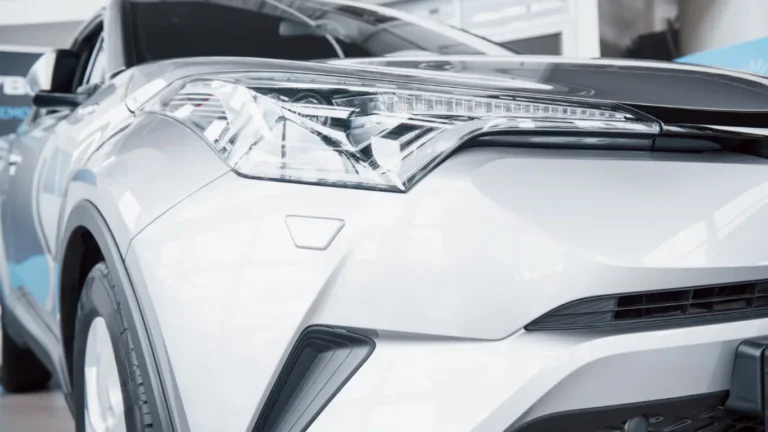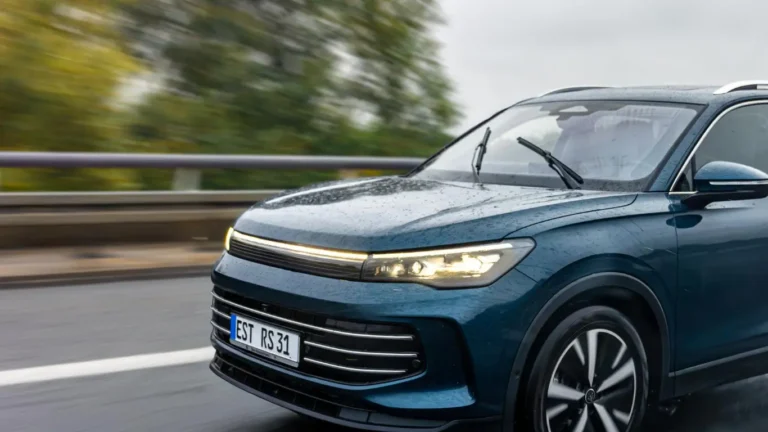
Auto Academy
License Dealer Auto

Buying a car in Canada can be exciting—but also daunting if you’re not familiar with the industry jargon or the regulatory safeguards. In this article, we’ll walk through what a “license dealer auto” means, how to verify a motor vehicle dealer’s credentials, and what you as a buyer should look out for. The goal is to keep you safe, informed, and confident in your next car purchase.
Understanding a License Dealer Auto in Canada
When we talk about a license dealer auto, what we mean is a vehicle sold by a dealer who is properly licensed under the relevant provincial legislation to operate as a dealer of motor vehicles.
In Canada, if a business regularly buys and/or sells vehicles to consumers, they must register as a “motor vehicle dealer,” hold a dealer number (or licence), and comply with legal obligations.
Why this matters for you as a buyer:
- A licensed dealer is subject to regulatory oversight and consumer-protection rules: e.g., full disclosure of vehicle history, “all-in” pricing, cancellation rights for some non-disclosures.
- A dealer without the correct licence may be operating unlawfully—which increases your risk.
- Verifying their license and dealer number gives you a layer of protection.
Read More: Is It a Good Time to Buy a Car in Canada?
How to Check a Motor Vehicle Dealer’s Licence / Dealer Number
Step 1: Identify the regulator in your province
Each province has its own process. For example:
- In Ontario, the regulator is the Ontario Motor Vehicle Industry Council (OMVIC).
- Based on ca, in New Brunswick, the Crown-agency sets out categories and requires security bonds.
- In British Columbia, the Vehicle Sales Authority of British Columbia (VSA)regulates motor vehicle dealers.
Step 2: Ask the dealer for their licence / dealer number
Licensed dealers will often display their registration certificate or dealer number clearly on site and in advertising. For example, in Ontario you can ask to see their registration certificate.
Step 3: Use a “dealer number lookup” or search function
Many regulators provide an online “find a dealer / salesperson” tool so you can verify the dealer’s registration status, history of complaints or suspensions. For example, OMVIC offers a “find a dealer” search.
Step 4: Check for disclosures and protections
When dealing with a licensed motor vehicle dealer, you should expect:
- Full disclosure of the vehicle’s history and condition.
- Pricing that is “all-in” (no hidden fees, or they are clearly disclosed).
- The right to cancel the contract in certain cases of non-disclosure.
Read More: Sell My Car in Toronto
Key Questions You Should Ask Before Buying
Here are important questions to ask (and expect good answers) when purchasing from a license dealer auto:
- Is the dealer fully licensed and in good standing? Ask for the dealer number and verify it with the regulator.
- What exactly is included in the price? Is tax, licensing, dealer fees, documentation fee included?
- Has the vehicle’s history been fully disclosed? Are there previous repairs, accidents, outstanding liens?
- What warranties or guarantees are provided? Does the dealer offer certified pre-owned, or is the vehicle “as is”?
- What happens if I later find out something was omitted? What are my rights for cancellation or recourse?
- How is the dealer advertising the car? Verify that the vehicle listed matches the unit you inspect (VIN, condition, mileage).
- Are there any “selling motor vehicle dealer number” issues? If the dealer is using a temporary or unverified number, this could pose a risk.
Read More: Typical Car Payment in Toronto
Why It Matters — Good vs. Risky Dealers
Good (licensed) dealer:
- Clearly displays their license/dealer number and is verifiable.
- Provides transparent documentation: vehicle history, fees, warranty.
- Operates a physical place of business where you can inspect the car.
- Provides written contract in your name with full details.
Risky (unlicensed or shady) dealer:
- Cannot or will not provide a licence or dealer number lookup.
- Pressures you to buy quickly before you’ve done your homework.
- Tries to distract you with “special deals” without providing full vehicle history.
- Has no physical display or premises, or operates from a non-standard location (sometimes a red flag).
- Uses ambiguous “dealer number” or does business under someone else’s licence.
By making sure you’re working with a bona-fide licensed motor vehicle dealer, you reduce your chances of ending up with “surprises” later.
Read More: 2025 Canadian Auto Market
What the License Dealer Auto Landscape Looks Like in Canada
- Based on the news published in auto dealer in Sep 2025, in Ontario, regulators are rolling out a mandatory annual training (Continuing Professional Development) requirement for dealers starting 2026.
- In other provinces, licence requirements include security bonds, zoning approvals (for physical premises), insurance and business registration. For example, New Brunswick requires an established place of business and a bond.
- Across Canada, the threshold of when you’re “deemed to be a dealer” varies: e.g., in British Columbia selling more than five vehicles per year to retail consumers triggers licensing. (Source: com)
All of this means: when you buy a “license dealer auto” in Canada, you benefit from evolving regulations designed to protect you. But you still need to do your part to verify.
Read More: Car Insurance Search in Ontario
Step-by-Step Buying from a License Dealer Auto: Checklist
- Verifying the dealer’s licence / dealer number using lookup tools.
- Inspect the vehicle: check VIN, history, mileage, physical condition.
- Review the contract: total price (all-in), fees, taxes, warranty terms.
- Confirm the vehicle registration and title are clear (no liens).
- Ask about your rights:returns/cancellations, if disclosures were incomplete.
- Make the payment and obtain the receipts and vehicle ownership papers in your name.
- Register and insure the vehicle promptly according to your province’s rules.
Read More: Should I Buy a New Car or Used Car?
Final Thoughts
Whether you’re buying new or used car, dealing with a licensed dealer makes a big difference. The term license dealer auto is more than marketing buzz—it means that the dealer is accountable, regulated, and offers you a better layer of protection. That said, buyer vigilance still matters: verify the dealer’s credentials, read the contract carefully, inspect the car—and don’t rush.
And if you’re looking for a reliable partner to help you buy your dream car—even if you have poor credit—consider CarRookie. CarRookie connects buyers with top agents and helps you navigate the process confidently.
FAQs
The “dealer number” is the identifier issued to a dealer when they’re licensed. A “license dealer auto” refers to a car sold by a properly licensed dealer.
Legally, in many provinces no—if you’re buying and selling vehicles regularly, you likely must be licensed. Unlicensed operations carry risk.
It’s not advisable. If their license has expired or been suspended, your protections may be limited.
Most do, but the functionality and public access vary by province—verify what’s available in your province.
You may have recourse under provincial consumer-protection laws, and the regulator may enforce against the dealer—for example for mis-disclosure or breach of ethics.


